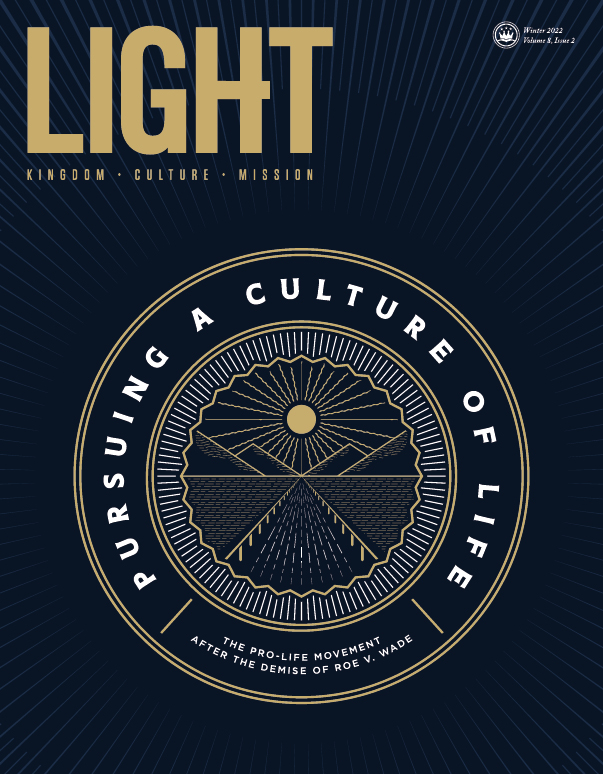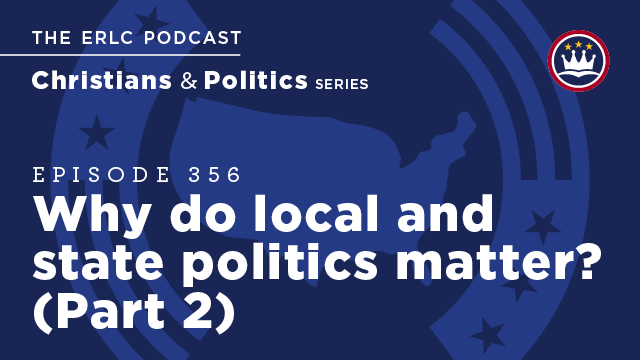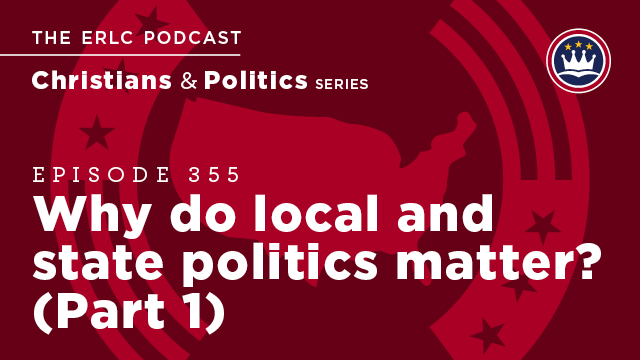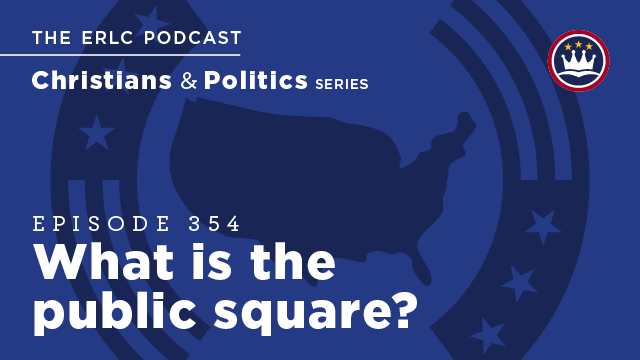Resources


Like you, we want to be aware of and knowledgable about the pressing moral and cultural issues that we face every day. Furthermore, as Southern Baptists, we want to know how God’s Word and the Baptist Faith and Message address these issues and inform our response.
Through our various resources, including articles, our magazine, the ERLC Podcast, and videos, we offer a voice of hope that will assist you in responding to matters regarding life, religious liberty, marriage and family, and human dignity with compassion and conviction.


Filter
Filter
SPOTLIGHT
LIGHT magazine
Light is our biannual magazine that takes an in-depth look at cultural and moral concerns. We apply God’s Word and Baptist convictions in a way that will help shape your voice in the public square. Subscribe today and get information that will provide clarity around the public policy issues that matter to you.















